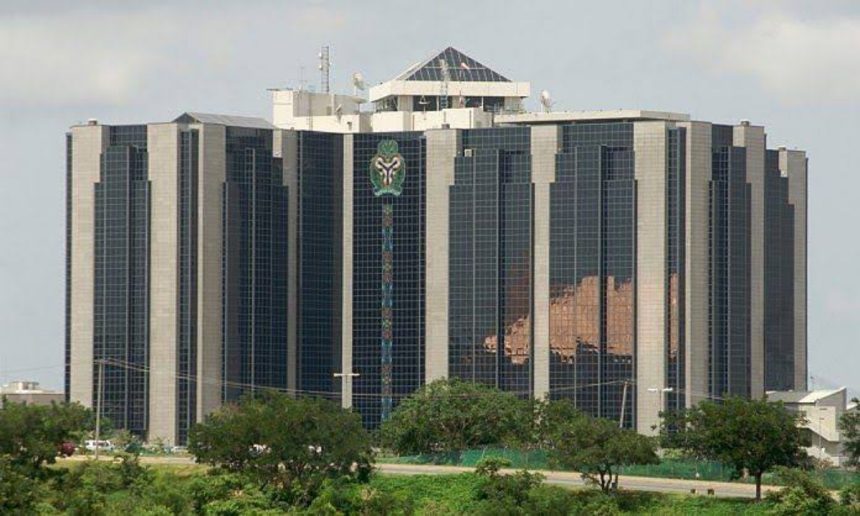The Central Bank of Nigeria (CBN) has refuted claims that it intends to revoke the licenses of additional Deposit Money Banks (DMBs).
In a statement issued on Tuesday in Abuja, Acting Director of Corporate Communications, Hakama Sidi-Ali, addressed rumors about potential actions against Unity, Keystone, and Polaris banks following the recent withdrawal of Heritage Bank’s operating license.
“The attention of the CBN has been drawn to some information circulating in the public domain, suggesting that the CBN is set to revoke the licenses of three additional banks following its regulatory action against Heritage Bank Plc on Monday.
“The CBN unequivocally states that these allegations are false and intended to trigger panic in the financial system.
“The Nigerian financial system remains safe, sound, and resilient.
“Our banks have begun submitting implementation plans for the Banking Sector Recapitalisation Programme in compliance with the Circular reviewing the minimum capital requirements for Commercial, Merchant, and Non-Interest Banks (CMNIBs),” she said.
This initiative is part of the CBN’s efforts to enhance financial buffers and increase the capital available to banks, enabling them to support critical sectors of the economy.
“This will increase the financial system’s contribution to the growth and development of a one trillion dollars Nigerian economy.
“The CBN will like to reassure all stakeholders of its unwavering commitment to ensuring the financial system’s stability.
“Our financial system remains on a solid footing, and the CBN will continue to take all necessary steps to maintain its safety and soundness,” Sidi-Ali noted.
This statement follows the CBN’s announcement on Monday of the immediate revocation of Heritage Bank Plc’s license.
The action was taken under Section 12 of the Banks and Other Financial Act (BOFIA) as part of the CBN’s mandate to promote a sound financial system in Nigeria.
The decision was made due to the bank’s failure to improve its financial performance, posing a threat to financial stability.





